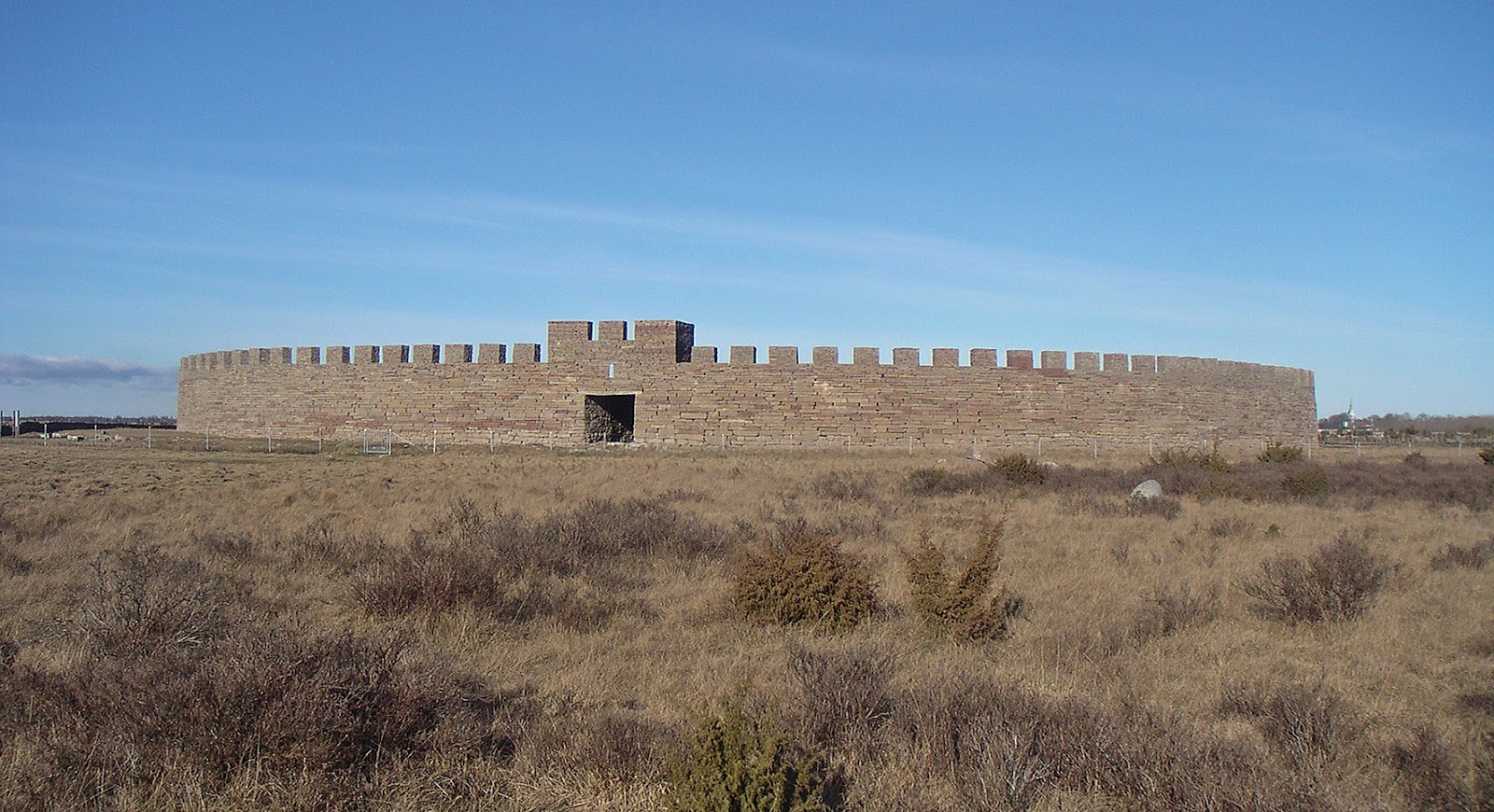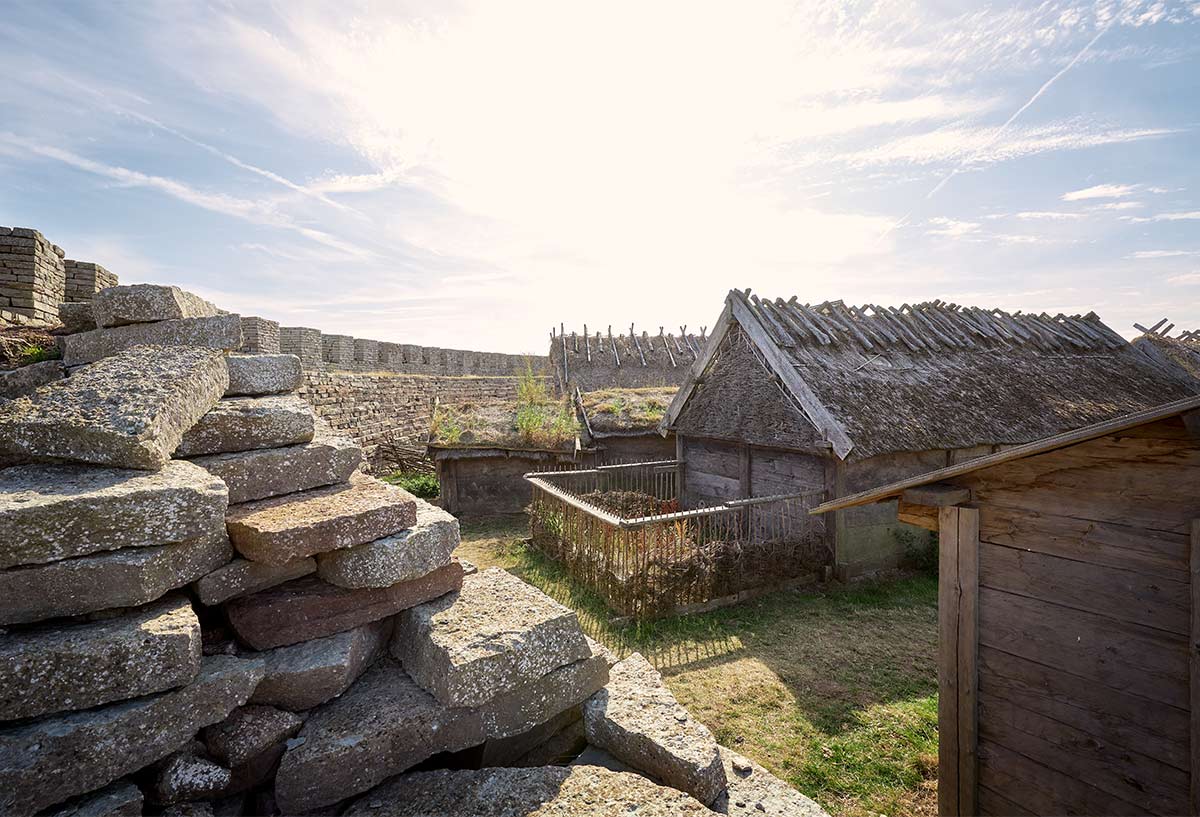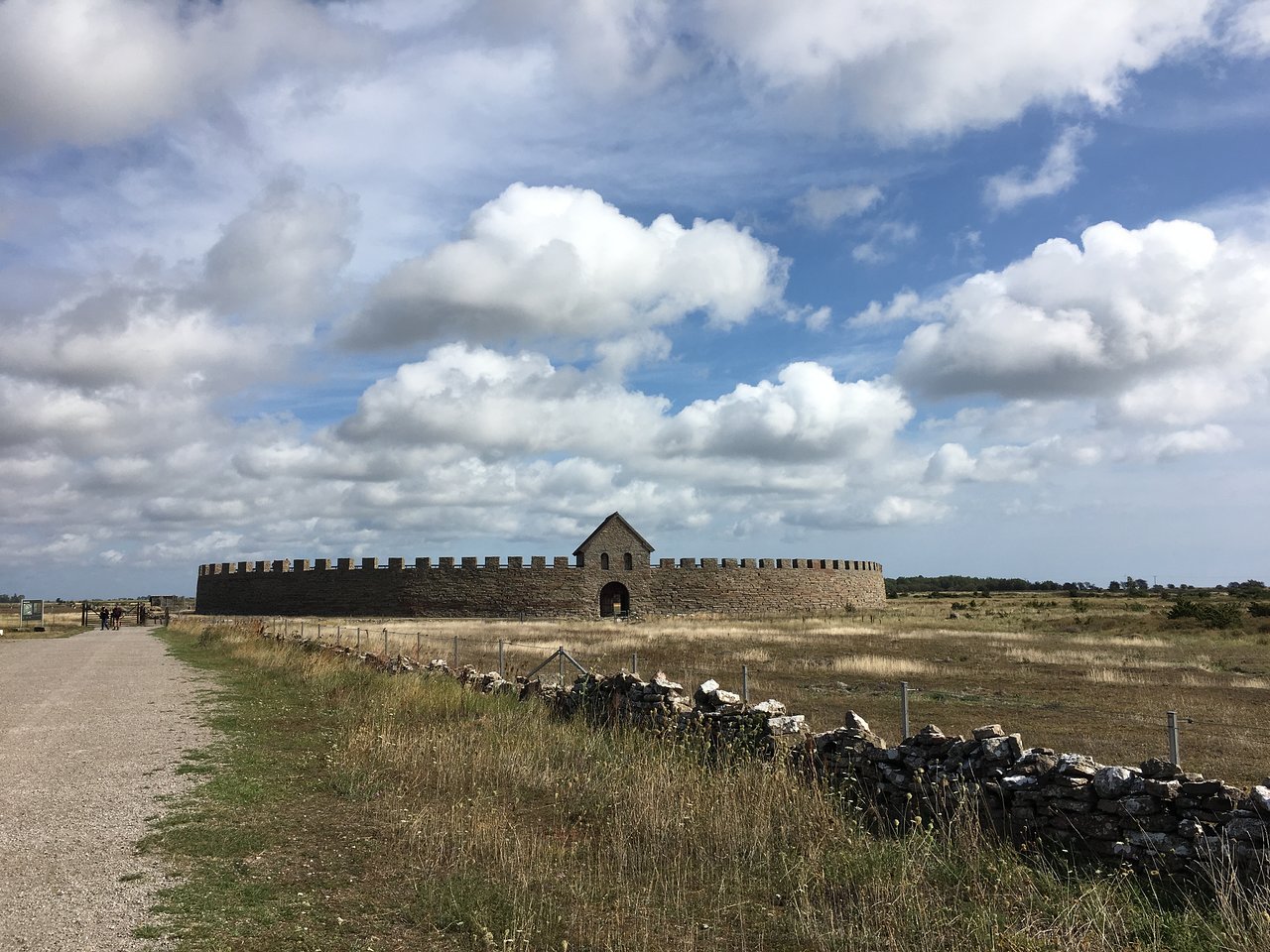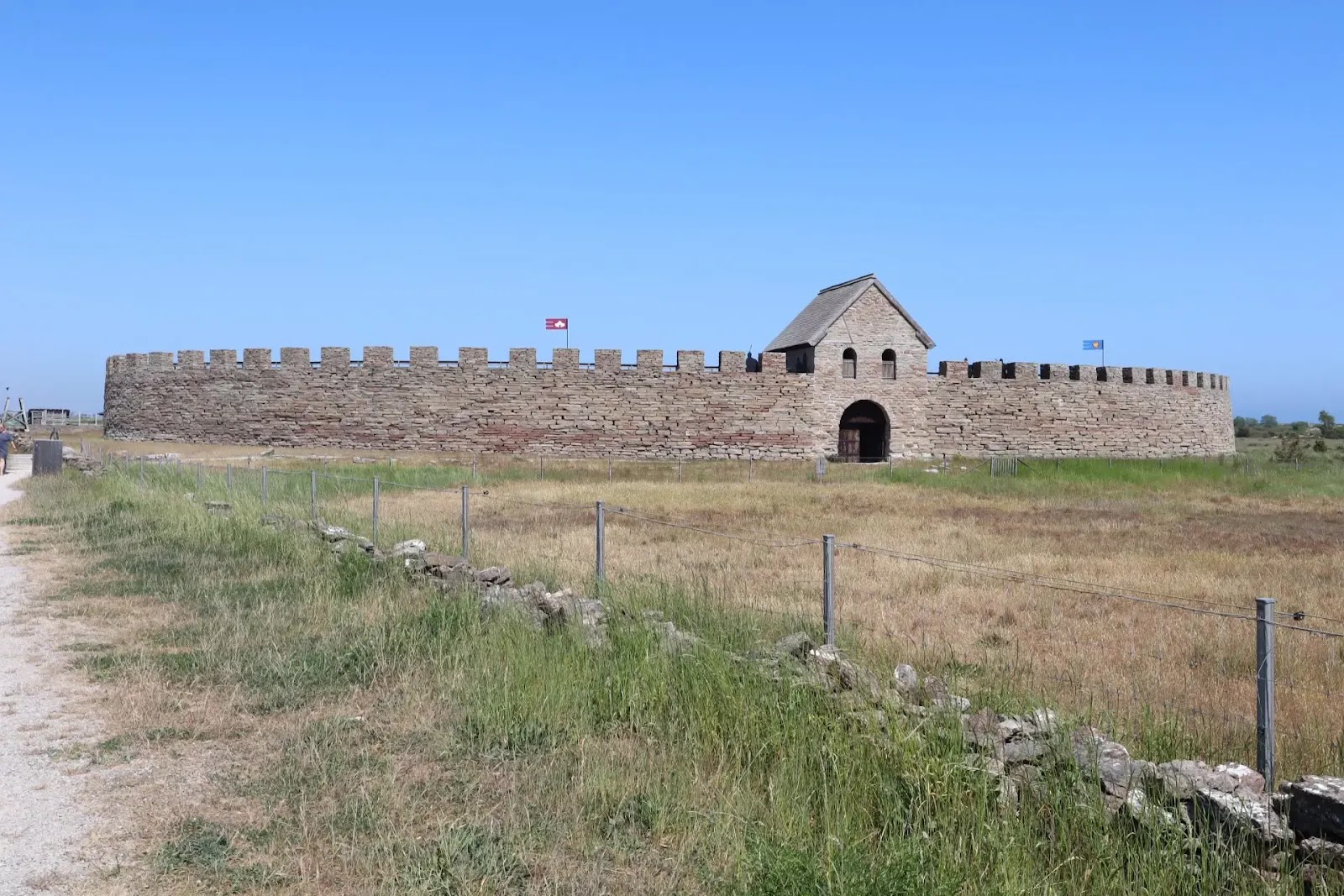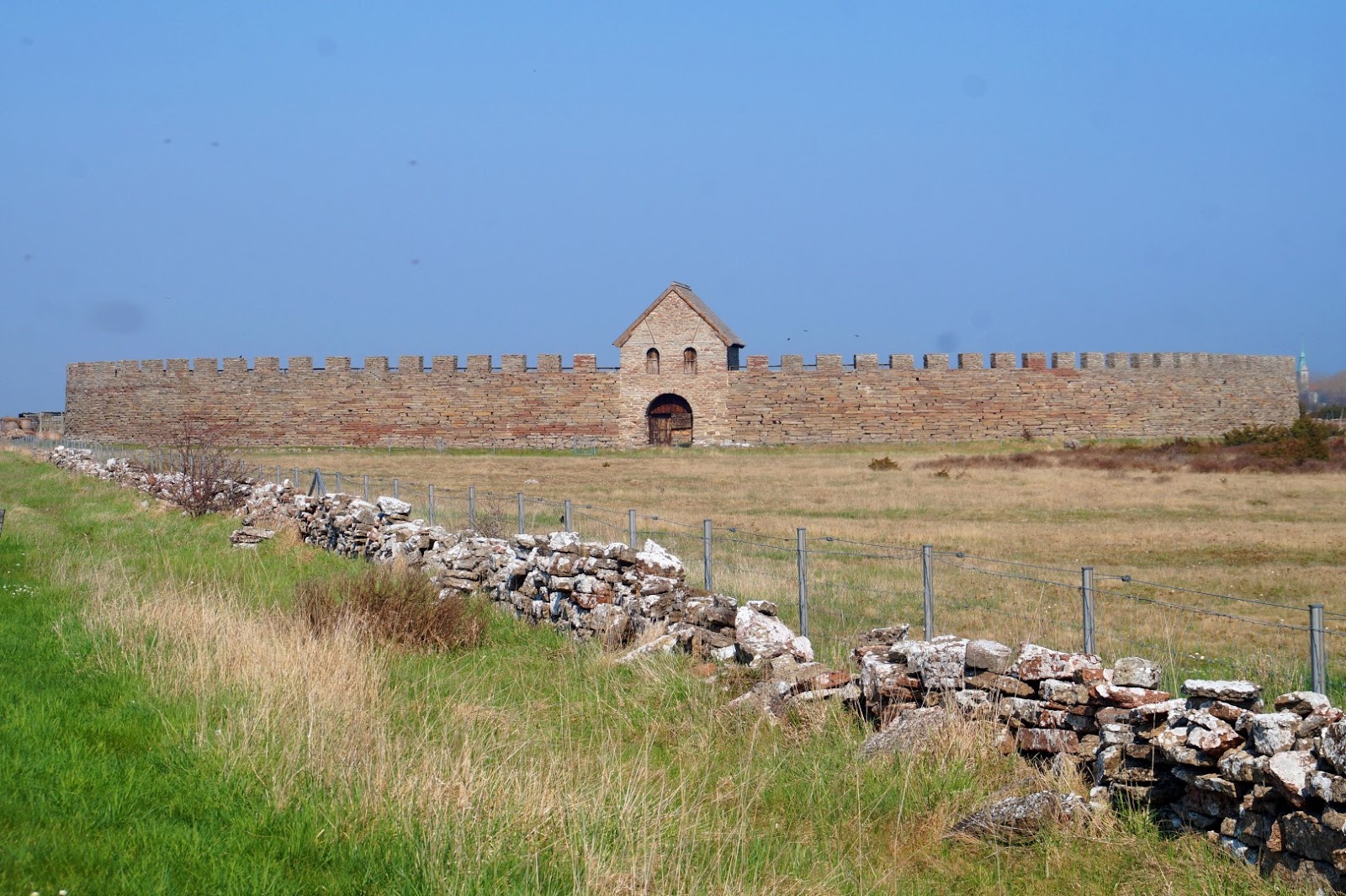Ancient Eketorp Fort is a stone fort on Öland Island, Sweden. It was built a long time ago, around the 4th century, during the Iron Age. The fort was originally used for protection, but later, people started living inside it, turning it into a small village. Over the years, the fort was rebuilt and expanded, especially during the Middle Ages, when it became even stronger. Archaeologists have discovered old houses, tools, and pottery, which tell us how people lived, worked, and traded in the past.
A compendium of interesting places, hidden wonders, Beautiful Places, strange travel destination, tourist attractions.
Showing posts with label Sweden. Show all posts
Showing posts with label Sweden. Show all posts
Sunday, 16 March 2025
Friday, 11 September 2015
Five-Mile-Long Oresund Bridge Transitions into a Tunnel That Unites Denmark with Sweden
The engineering
marvel Oresund Bridge has made it at ease than ever before to travel between
two countries that are separated by water. The Øresund was designed by the
Danish engineering firm COWI and the main architect was George K.S. Rotne. This
exclusive passageway attaches the cities of Copenhagen, Denmark with Malmö,
Sweden, doing so in two ways: a splendid cable-stayed bridge runs 5 miles to an
artificial island, where it then transitions into a tunnel that encompasses an
extra two and a half miles. A beautiful motorway occupies the upper level while
the railway line runs below. The majestically beautiful man-made island that
attaches bridge and tunnel is called “Peberholm”, and it’s had an unexpectedly
positive impact for the local flora and fauna. Species have been allowable to
freely develop, and it’s since become a haven for biologists as a prevalent
breeding ground for birds in addition to a habitat for the rare green toad. The
responsibility of operating the bridge falls on both countries, and its
neighboring states help keep the structure running. Drivers must pay a toll to
cross the Oresund, but the cost seems worth it. By having such like a bridge, a
region of more than 3.7 million people is meet the expense of the freedom to
live in one country but work in another. About 2/3 of the people travelling
across the Oresund go by train with the journey between Copenhagen and Malmö
taking nearly 35 minutes.
The Iconic Icehotel in Sweden Reveals the Supernatural Suites Set to be Launched in December
The iconic
Icelhotel in Sweden has massive elephant in the room all set to launched in
December 2015. The Lapland Ice hotel new
design has been announced. Big and better than ever before, visitors will be
able to stay a night in one of 19 individually themed rooms in “Jukkasjärvi”,
sharing a room with a life-sized elephant, a Russian imperial-inspired theatre
set or even an icicle cave. The winter wonderland is constructed every year in
December and lasts until its melts away in March. Therefore, every year
talented sculptures and artists hires to create a magical hotel. This year to
construct the Ice hotel is not an easy feat, with more than 5,000 tonnes of
natural ice being harvested from Sweden’s national river Torne.
The
skillful natural gifted artists to have an input in the creative designs and
received over 130 submissions to choose from. Aptly named “Elephant in the
Room” by sculptor AnnaSofia Mååg, was one of the selected designs. Her new
creative design will feature a three-meters-tall African elephant overlooking
the ice framed bed. Moreover, between the beautiful suites there will also be a
1970's inspired Love Capsule, and an imperial Russian-inspired theatre set
called Labyrinth Saga bring to life a forest of Gothic-like ice pillars,
cocooning the suite and transforming it into an intimate ice cave. Therefore,
in addition to the exclusively-designed rooms, the Icehotel will have two
luxury suites with secured glass doors while the others have curtain doors, an
en-suite bathroom and private sauna.
The total
vast accommodation boasts 55 rooms, with the equivalent of 700 million
snowballs used to form its walls, ceiling and decorations. No attention to
detail is spared with the furnishings, with the chandeliers alone made from
1,000 hand cut ice crystals. The option of northern lights wake-up can be
arranged for those wanting to witness the Aurora, and a spa is on site for
relaxing afterwards. The Ice hotel is all set to open its ice-cold doors to the
public on December 11.


Subscribe to:
Comments (Atom)


